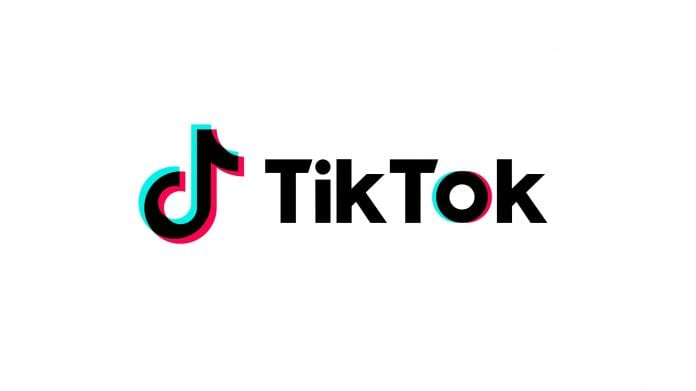Kenya finds itself at the center of a global debate on social media regulation. While TikTok enjoys immense popularity amongst Kenyans, concerns about inappropriate content have sparked calls for a ban. However, the Kenyan government is proposing a different approach: regulation.
The Information Communication and Technology (ICT) ministry has firmly opposed a complete ban on TikTok. John Tanui, the ICT Principal Secretary, argues that such a move would stifle freedom of expression, hinder the growth of the digital economy, and potentially lead to a fragmented internet landscape.
“The regulation of TikTok and similar platforms instead of a ban is a win-win solution,” Tanui stated. “Regulation will maintain access to global social media platforms, which will enhance the free flow of information and ideas across borders, enabling Kenyan internet users to be competitive in the global digital landscape.”
The Ministry’s proposed solution involves increased collaboration with ByteDance, TikTok’s parent company. This includes expanding the mandate of the Communication Authority of Kenya (CAK) to effectively monitor online content. Additionally, the Ministry wants TikTok to publish quarterly reports detailing actions taken against negative content on the platform.
This approach seems to be a direct response to a petition filed by Bob Ndolo, CEO of Bridget Consultancy, in August 2023. Ndolo expressed concerns about TikTok’s alleged promotion of hate speech, sexual violence, and vulgarity, urging its complete ban.
The petition found traction amidst growing anxieties surrounding the app’s content. Interior Minister Kithure Kindiki, in March 2024, raised national security concerns, suggesting a ban on government officials using TikTok.
However, a complete ban is not without its drawbacks. According to a Reuters Institute report, Kenya boasts the highest global usage rate of TikTok, with an estimated 54% of the population actively using the platform. Furthermore, millions of Kenyans have found success as content creators on TikTok, generating income through the platform. A ban would not only stifle their livelihood but also potentially impact the revenue streams of Kenyan telecommunication companies.
The proposed regulations seem like a compromise between protecting users from harmful content and safeguarding freedom of expression. This measured approach aligns with the concerns raised by some Kenyans who view government efforts to control the platform as an infringement on free speech.
The debate surrounding TikTok in Kenya is not unique. The app faces similar scrutiny and potential bans in countries like the United States and India, primarily due to data privacy concerns related to its ownership by the Chinese company ByteDance.
The success of Kenya’s moderation approach will hinge on several factors. First, the effectiveness of the proposed content moderation measures needs to be carefully evaluated. Transparency on the part of TikTok regarding the removal of harmful content will be crucial in building trust.
Second, the Kenyan government must ensure that the regulations do not become a tool for censorship. Finding the right balance between protecting users and stifling free expression will be a continuous challenge. Finally, the long-term viability of this approach will depend on how well it adapts to the ever-evolving nature of social media platforms and the types of content they host.






